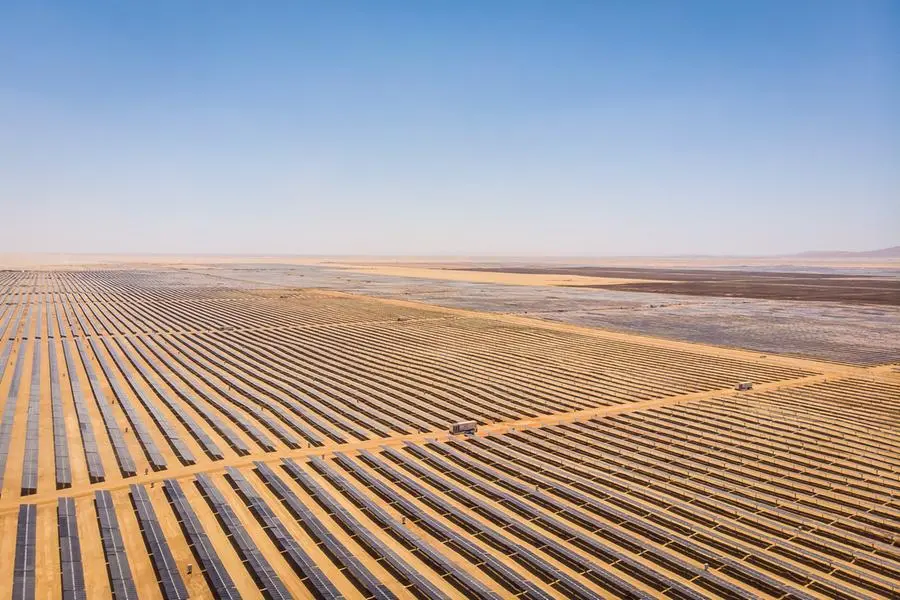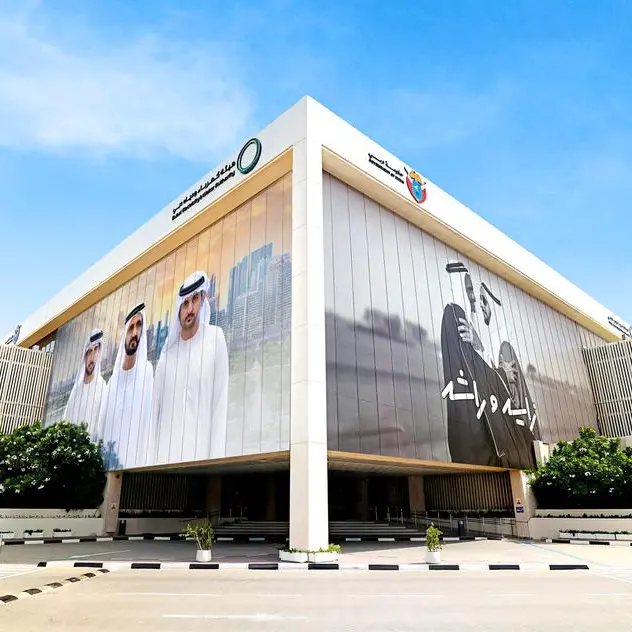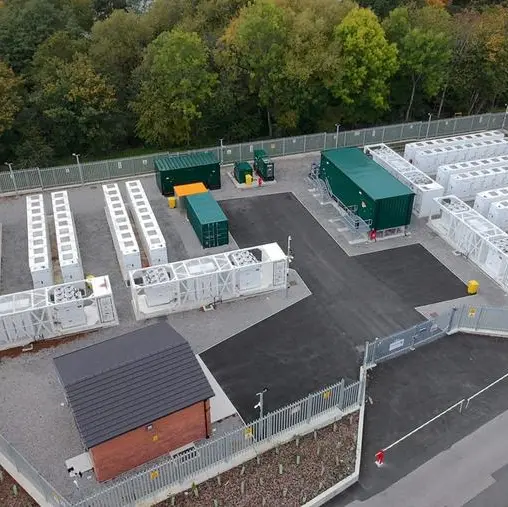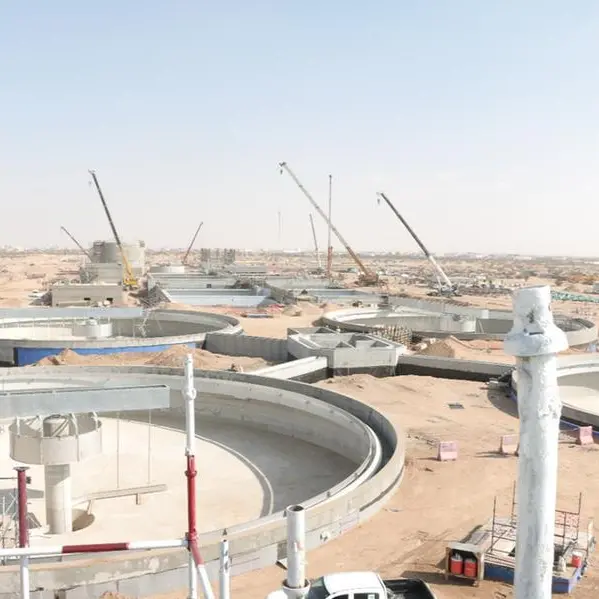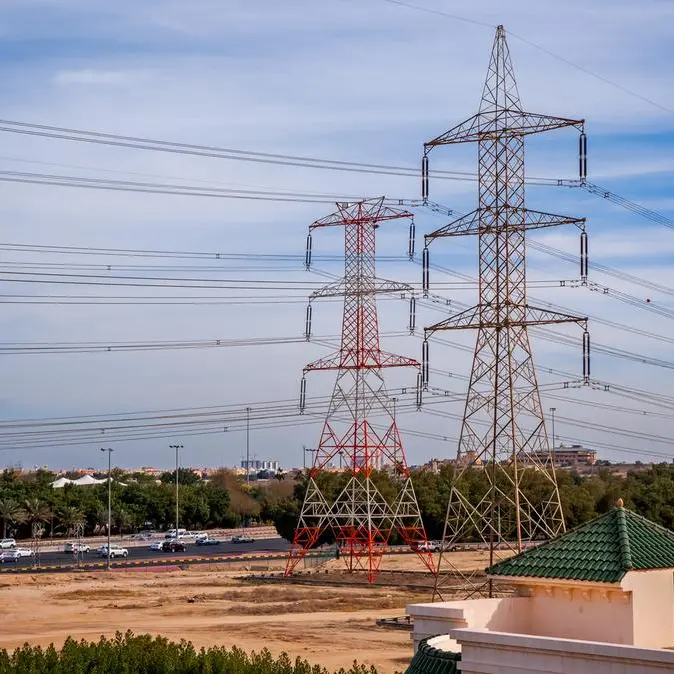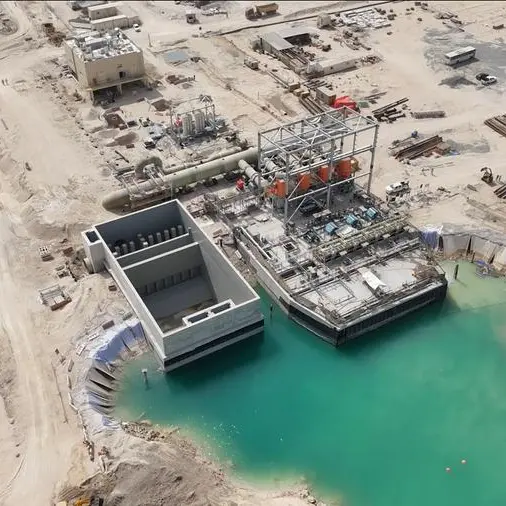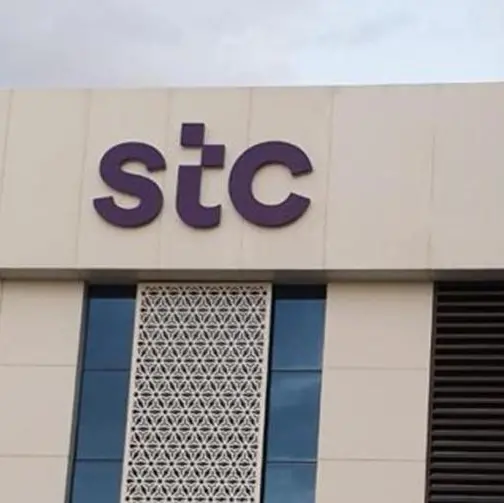PHOTO
Norway-headquartered global renewable energy firm Scatec has solidified its presence in North Africa with projects in Egypt and Tunisia, as outlined in its third-quarter financial presentation.
The company has identified Egypt as one of its four core markets with significant growth potential, alongside Brazil, South Africa, and the Philippines, as it shifts focus to solar and battery storage systems in the near term and onshore wind over time to drive further expansion. according to the presentation.
CEO Terje Pilskog said the four core markets are expected to attract about 90 percent of Scatec’s investments short to medium term.
“To finance the plan, we target proceeds of at least NOK 4 billion ($360 million) from divestments by 2027 and will adopt a capital-efficient model with lower ownership stakes. We aim to allocate 75 percent of divestment proceeds to corporate debt repayments, strengthening our balance sheet and financial flexibility,” he said.
In Egypt, Scatec signed a 25-year power purchase agreement (PPA) with the Egyptian Electricity Transmission Company (EETC) for the country’s first hybrid solar and battery project. The agreement, signed in September 2024, commits Scatec to build and operate a 1.1 gigawatt (GW) solar plant complemented by a 100 megawatt (MW)/200 MWh battery energy storage system (BESS.
In July 2024, Scatec-led Egypt Green Hydrogen had entered into a 20-year ammonia offtake agreement with Fertiglobe after the latter secured a green ammonia offtake agreement with Hintco in Germany. The project comprises a 100 MW electrolyser facility powered by 260MW of solar and wind capacities.
In October, Egypt Green Hydrogen had secured a grant of 30 million euros for partial financing of the project from Germany’s PtX Development Fund.
A breakdown of Scatec's 1,740 MW Egypt portfolio in the presentation shows 22 percent of capacity under operation and 78 percent in the backlog. The company anticipates Egypt’s renewable capacity to increase from 7 GW to 38 GW by 2030 and plans to “leverage strong partnerships” to expand across the solar, wind, and hydrogen sectors in the country.
The capital expenditure for the Egypt Green Hydrogen project, where the company holds a 51 percent stake, is $492 million, while for the solar plus BESS project, which it owns 100 percent, the estimated capex is $604 million, the presentation disclosed.
In Tunisia, Scatec has started construction of the 120 MW Tozeur and Sidi Bouzid solar power plants in partnership with Toyota Tsusho Group, the presentation said. The company holds a 51 percent stake in the $88 million project, which is backed by a 20-year PPA with option to extend by 10 years.
In both countries, Scatec has adopted ‘equity last’ financing structure, wherein the company will inject equity only after securing other project debt. Such an approach enables a project developer to optimise cash flows in line with construction advances while reducing immediate capital demands.
Q3 2024 performance
Meanwhile, the company reported strong financial results for the third quarter of 2024, with proportionate revenues reaching NOK 2.4 billion ($216 million), a 24 percent year-on-year increase, primarily driven by new plans in operation online and increased power production. The company’s earnings before interest, taxes, depreciation, and amortisation (EBITDA) rose to NOK1.5 billion ($135 million) compared to NOK 0.89 billion ($80 million) the year before.
Third quarter consolidated revenues and other income was NOK 2.97 billion ($267 million) compared to NOK 0.95 billion ($85.5 million) the year before, EBITDA was NOK 2.66 billion ($240 million) against NOK 0.69 billion ($62.1 million), and the net profit was NOK 1.65 billion ($149 million) against NOK0.10 billion ($9 million) in last year’s quarter.
(1 US Dollar = 11.02 Norwegian kroners)
(Editing by Anoop Menon) (anoop.menon@lseg.com)
Subscribe to our Projects' PULSE newsletter that brings you trustworthy news, updates and insights on project activities, developments, and partnerships across sectors in the Middle East and Africa.
